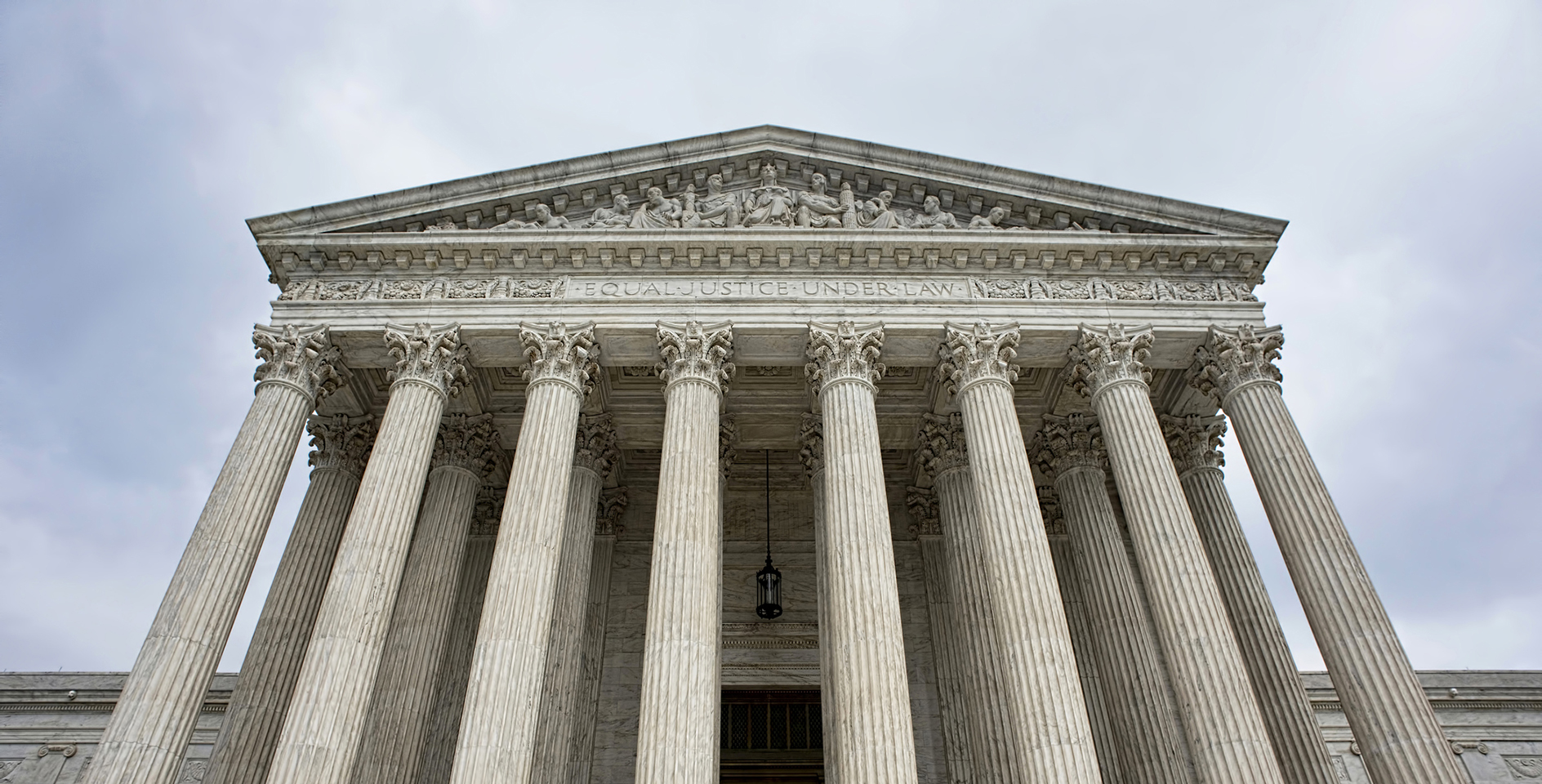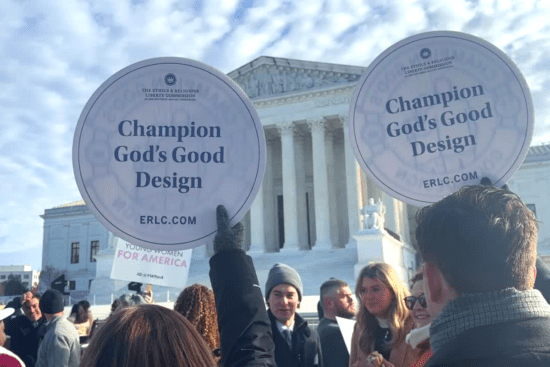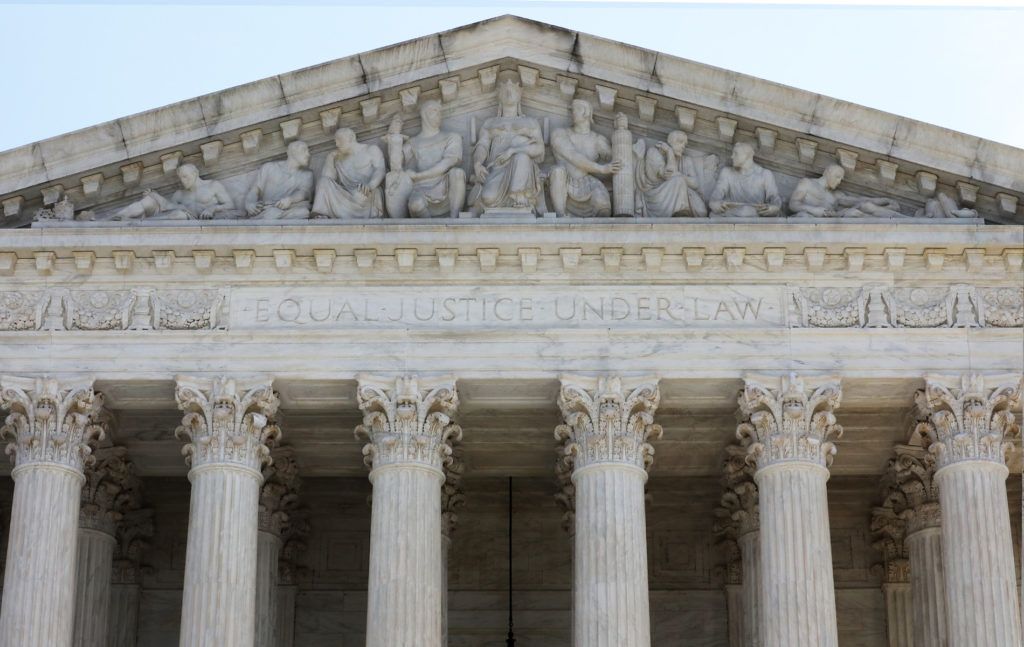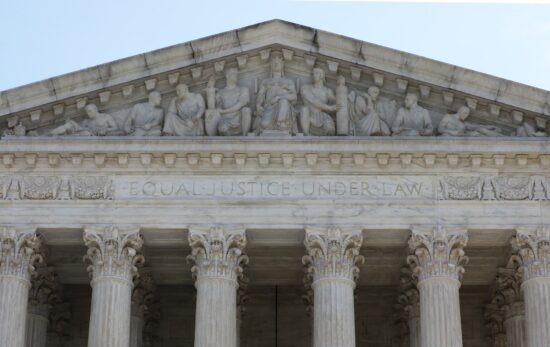WASHINGTON (BP) – The U.S. Supreme Court heard oral arguments April 24 in a case involving an Idaho law which bans nearly all abortions in the state.
The case involves a challenge to the law, known as the “Defense of Life Act,” which makes it a felony for doctors to perform most abortions, except those performed when necessary to save the life of the mother.
On Jan. 5, the Supreme Court ruled Idaho can enforce the law while the court case is being resolved. This ruling put on hold a lower court ruling which blocked the Idaho law, based upon a lawsuit filed by the Biden administration.
The Justice Department has argued that Idaho’s ban on abortion is preempted by a federal law passed in 1986 called the Emergency Medical Treatment and Labor Act (EMTALA), which requires hospitals that receive Medicare funds to provide emergency medical care. Their challenge to Idaho’s abortion ban argues that abortion is implied as a necessary component of emergency medical care.
Two cases, Moyle v. United States and Idaho v. United States, were consolidated by the Supreme Court to be heard together. Mike Moyle is the Speaker of the Idaho House of Representatives. A decision on the case is expected by early summer.
“Today, the Supreme Court heard oral arguments centering on the Biden Administration’s claim that there is a clash between Idaho’s Defense of Life Act and the federal Emergency Medical Treatment and Labor Act, or EMTALA,” said Hannah Daniel, policy director for the Ethics & Religious Liberty Commission (ERLC).
“Both Idaho’s pro-life law and EMTALA were passed with the intention of protecting the lives of both women and their preborn children, but the Biden Administration has twisted EMTALA to force emergency room doctors to provide abortions, disregarding the requirement of EMTALA to care for the preborn child. For Southern Baptists, this case doesn’t merely address a legal question. It underscores the need to defend life, protect conscience rights, and uphold the dignity of every human being, born and preborn. We affirm the sanctity of all life and firmly reject the misuse of vital statutes like EMTALA that were initially developed to protect life and urge the Court to rule accordingly.”
Read the full Baptist Press article here.









